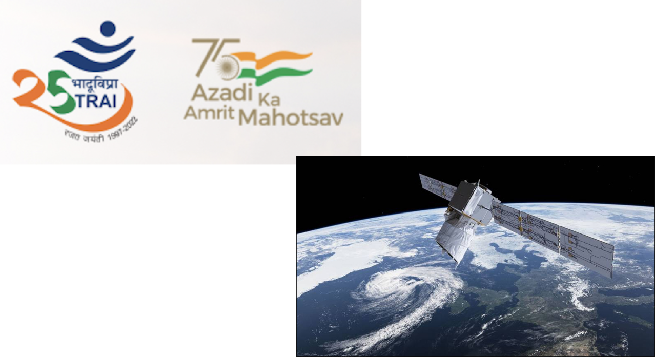To auction or administratively allocate satellite spectrum for communications and entertainment services? That’s the question that has divided the industry stakeholders, including service providers and users, in India.
After receiving 64 submissions on the issue (the consultation paper was titled ‘Assignment of Spectrum for Space-based Communication Services’) and 25 counter comments on the original submissions, telecom and broadcast regulator TRAI has announced it would hold an open house discussion or OHD on the issue on July 14 where stakeholders would be given another chance to highlight their point of view on the methodology to be adopted to hand out satellite spectrum.
The issue of satellite spectrum allocation — whether through auction or administratively handed out — is being heatedly debated in the Indian communications and entertainment sectors as the regulator and policy-makers try to come out with a win-win formula for all — or, at least, a majority of stakeholders.
Views expressed at the July 14 OHD will go a long way in helping the Telecom Regulatory Authority of India (TRAI) officials in making credible suggestions to the government.
Meanwhile, late last month, a PTI report had stated that the issue of satellite spectrum has put billionaires, both Indian and foreign, in opposite camps.
The report said Elon Musk wants his Starlink to beam down wireless Internet in India from satellites orbiting the earth, but the licensing regime his group favours has put him at odds with Mukesh Ambani’s Reliance.
After meeting Prime Minister Narendra Modi in New York in June, Musk on June 21 said he was keen to launch Starlink in India that “can be incredibly helpful” in bringing the internet to remote villages that lack on-ground infrastructure.
But, according to the PTI report from New Delhi, Starlink wanted India to just assign a license for the service and not insist on auctioning the signal-carrying spectrum or airwaves.
This stand finds Musk on the side of Tatas, Sunil Bharti Mittal’s firm Bharti Airtel, OneWeb (a British joint venture where Mittal is the Chairman) and Amazon, who too prefer the same route.
But Ambani’s Reliance has said there must be an auction of spectrum for foreign satellite service providers to offer voice and data services to provide a level playing field to traditional telecom players who offer the same services using airwaves bought in government auctions.
“India’s space-based communication services spectrum decision is key. Mobile spectrum has been auctioned since 2010 with the government’s cumulative sale of USD 77 billion and several players are keen on SS,” brokerage CLSA said in a note on ‘Satellite Spectrum Battle Ahead’, according to the PTI report last month.
Based on comments provided by various companies to the sector regulator TRAI’s consultations on the issue, CLSA said several players, including Starlink, are keen on India satellite spectrum.
Amazon’s Kuiper, Tata, Bharti Airtel-backed OneWeb and Larsen & Toubro are against the auction, while Reliance Jio and Vodafone-Idea support an India spectrum auction, the CLSA report said.
The earlier Indianbroadcastingworld.com report on the issue could be read here: https://www.indianbroadcastingworld.com/in-billionaires-spectrum-war-its-musk-tata-mittal-bezos-vs-ambani/ .
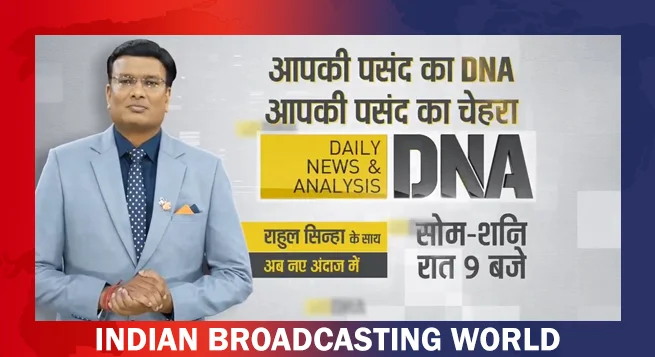 Rahul Sinha takes charge of Zee News’ DNA
Rahul Sinha takes charge of Zee News’ DNA 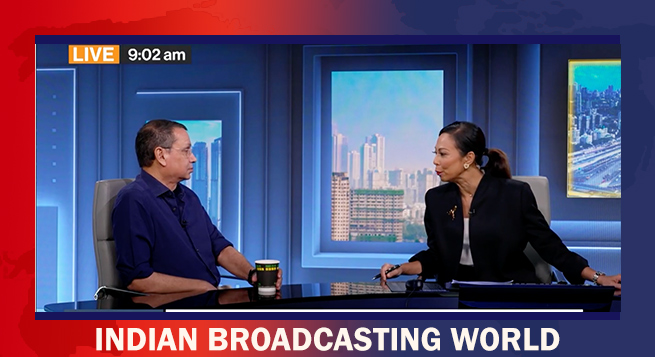 JioStar vice-chair Uday Shankar on surge in streaming subs, trade tariff challenges
JioStar vice-chair Uday Shankar on surge in streaming subs, trade tariff challenges 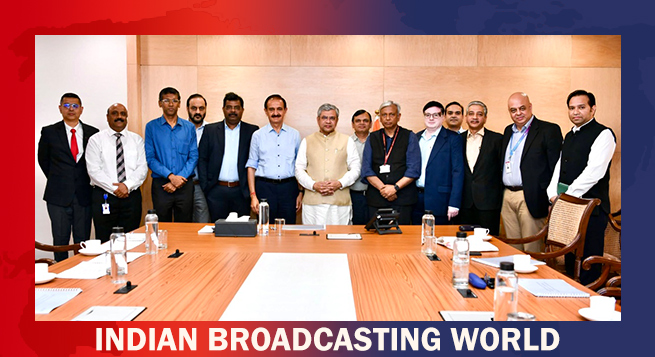 AIDCF team discusses industry issues with Vaishnaw
AIDCF team discusses industry issues with Vaishnaw 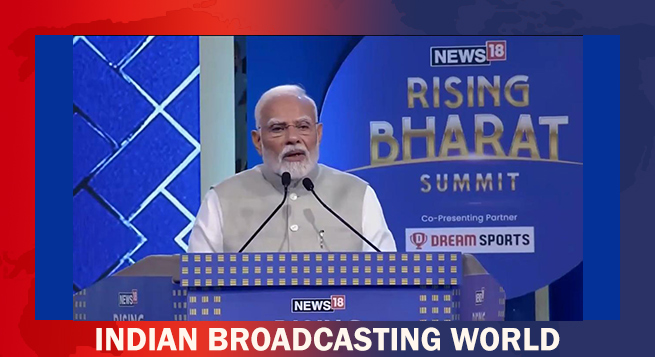 PM Modi: WAVES will empower Indian content creators go global
PM Modi: WAVES will empower Indian content creators go global  Sunrise Spices, Hoichoi celebrate Bengal’s essence with ‘Swadkahon’ cultural showcase
Sunrise Spices, Hoichoi celebrate Bengal’s essence with ‘Swadkahon’ cultural showcase  Spotify launches Ad Exchange, generative AI ads in India
Spotify launches Ad Exchange, generative AI ads in India 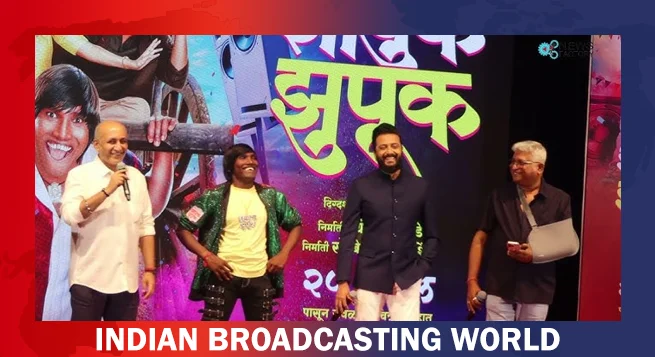 Riteish Deshmukh unveils trailer of ‘ Zapuk Zupuk’
Riteish Deshmukh unveils trailer of ‘ Zapuk Zupuk’ 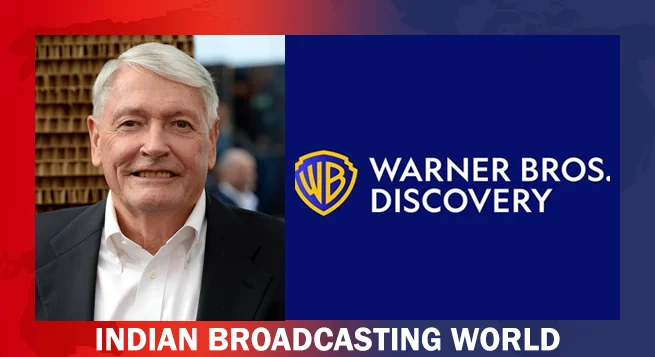 John Malone to step down from WBD board
John Malone to step down from WBD board  ‘Khudaya Ishq’ song from ‘Abir Gulal’ released today
‘Khudaya Ishq’ song from ‘Abir Gulal’ released today 


